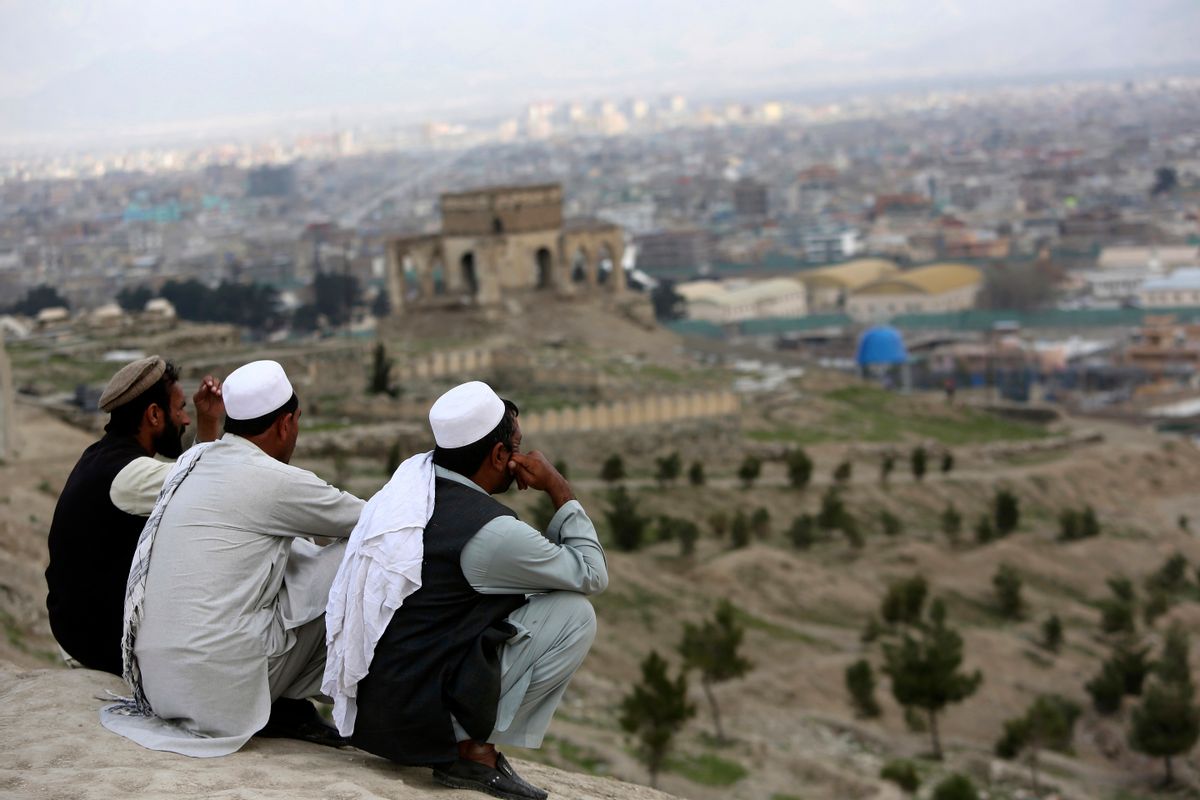Less than one month after President Donald Trump dropped the "mother of all bombs" in Afghanistan, the president is now contemplating a military expansion that would be the equivalent of putting America on a war footing against the Taliban in that country.
The new plan would allow the Pentagon to establish troop levels in Afghanistan instead of requiring them to go through the White House, expand the military's authority to use airstrikes against members of the Taliban, eliminate restrictions imposed by President Barack Obama on the battlefield mobility of American military advisers and add at least 3,000 new troops to the 8,400 troops already there, according to a report by The New York Times.
This plan is being heavily pushed by Trump's national security adviser H. R. McMaster, prompting White House advisers who oppose it to dub the proposed strategy "McMaster's War." Because the war in Afghanistan already costs $23 billion each year, some of Trump's advisers are pointing out that McMaster's plan would increase the cost of an already very expensive military operation. If nothing else, any increase in American troops and support for the government of Afghan President Ashraf Ghani would be contingent upon Ghani reducing corruption and military incompetence, both of which are factors that have strengthened the Taliban's cause in that country.
Nevertheless, one official told The Times that Trump is determined to "start winning" again. Because the Taliban has been making headway in the Afghanistan war, they have been less inclined to negotiate with the United States. The hope is that increasing America's military presence in that country will compel them to return to the bargain table, although even the plan's advocates admit that "incremental progress" is the best-case scenario that they're looking at in the region.
[jwplayer file="http://media.salon.com/2017/05/25acf95e23d82a232997383e2c0c7548.mp4" image="http://media.salon.com/2017/05/3faf3d6af1d13a607dba5d391cce7182-1280x720.png"][/jwplayer]

Shares